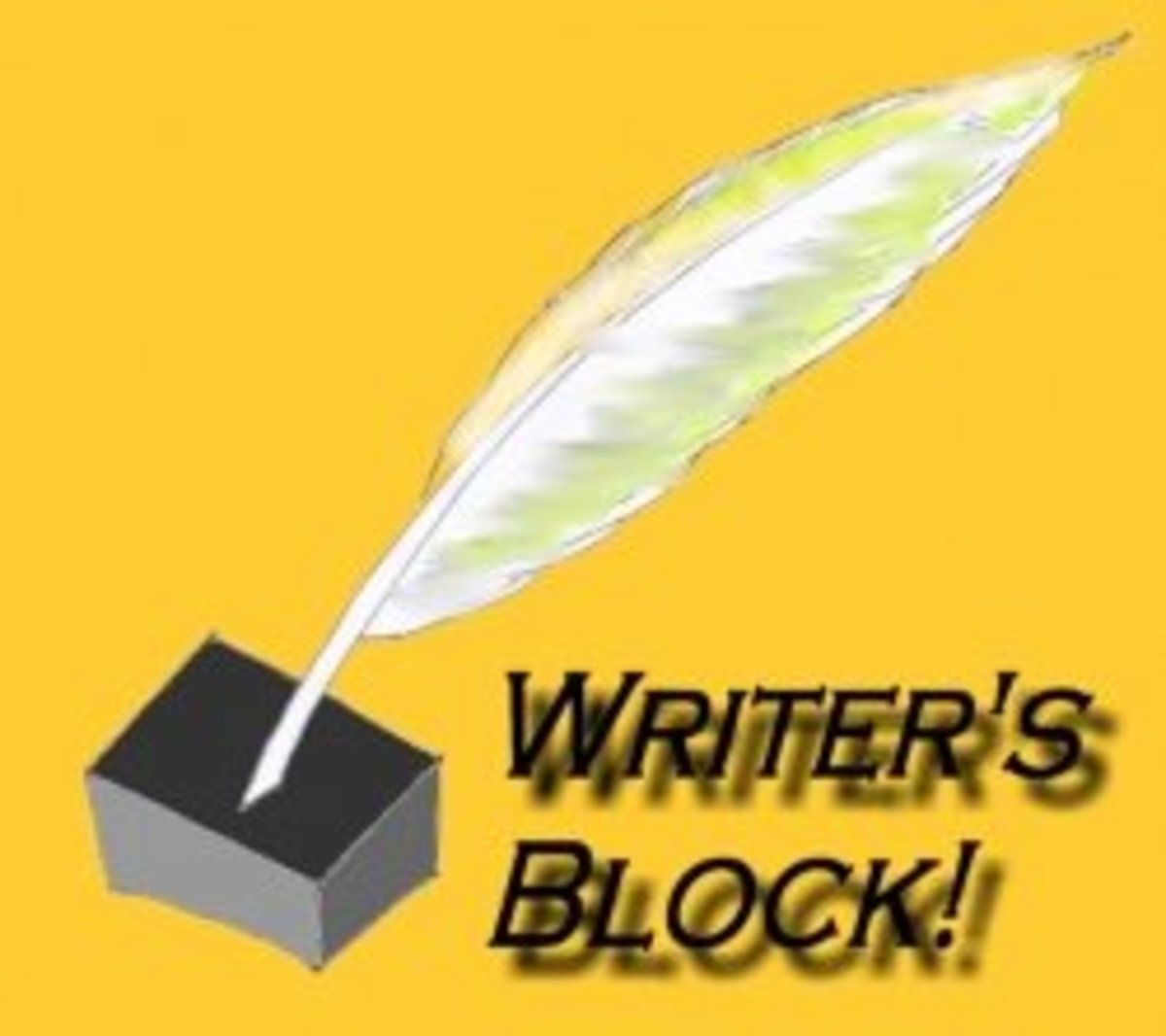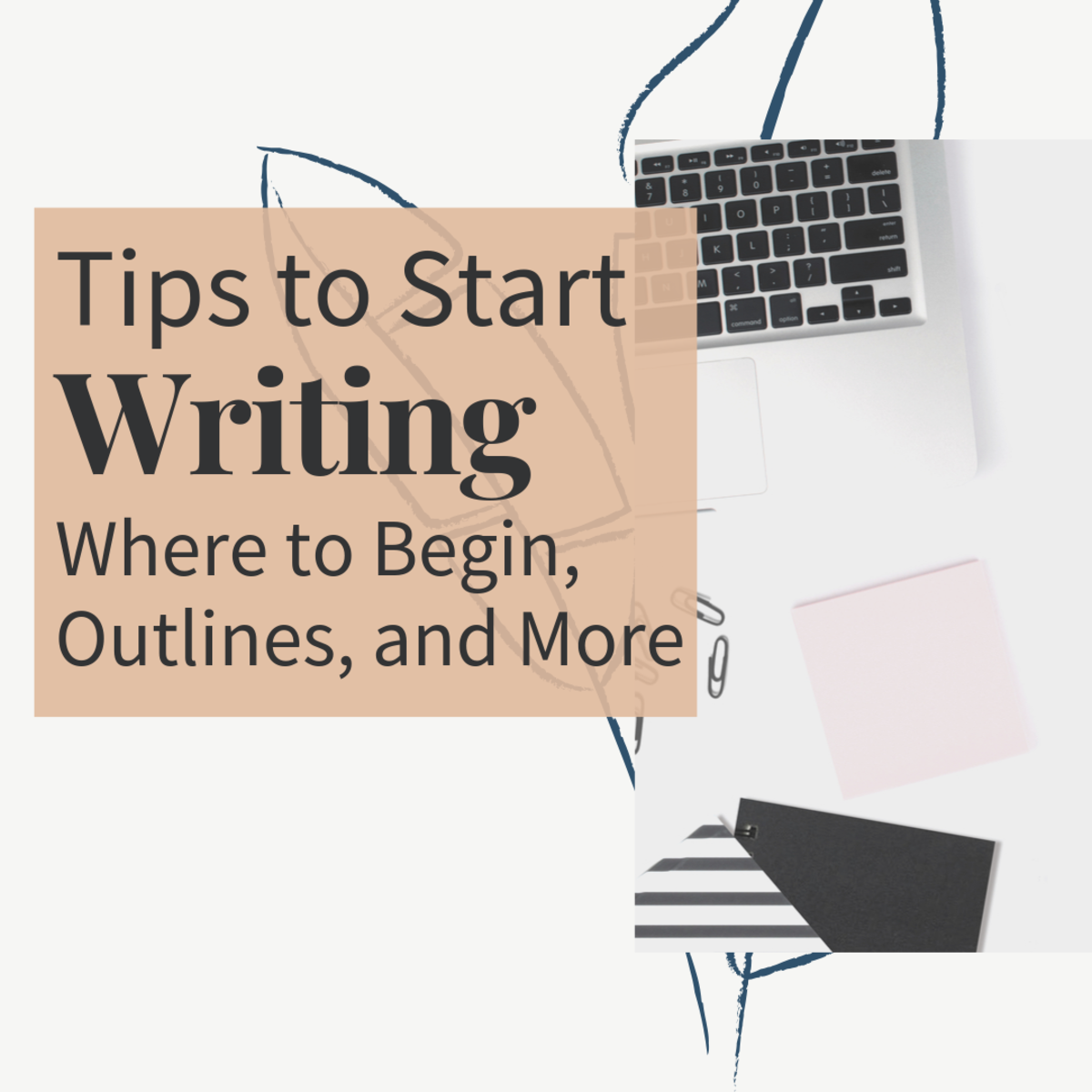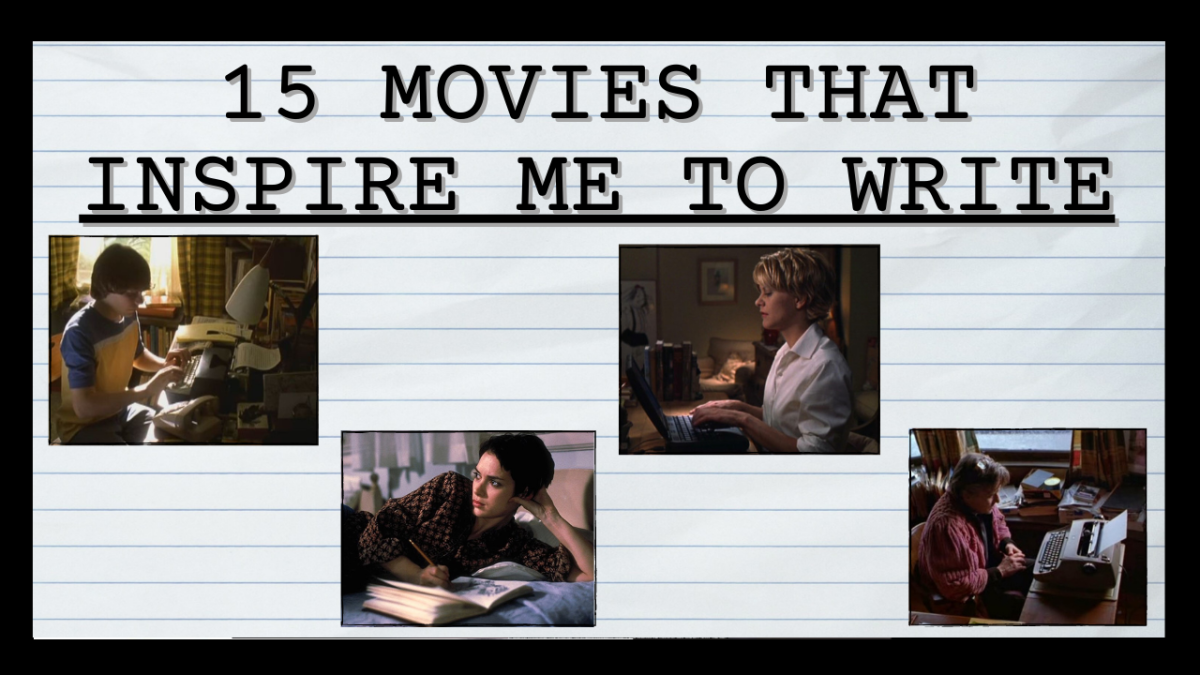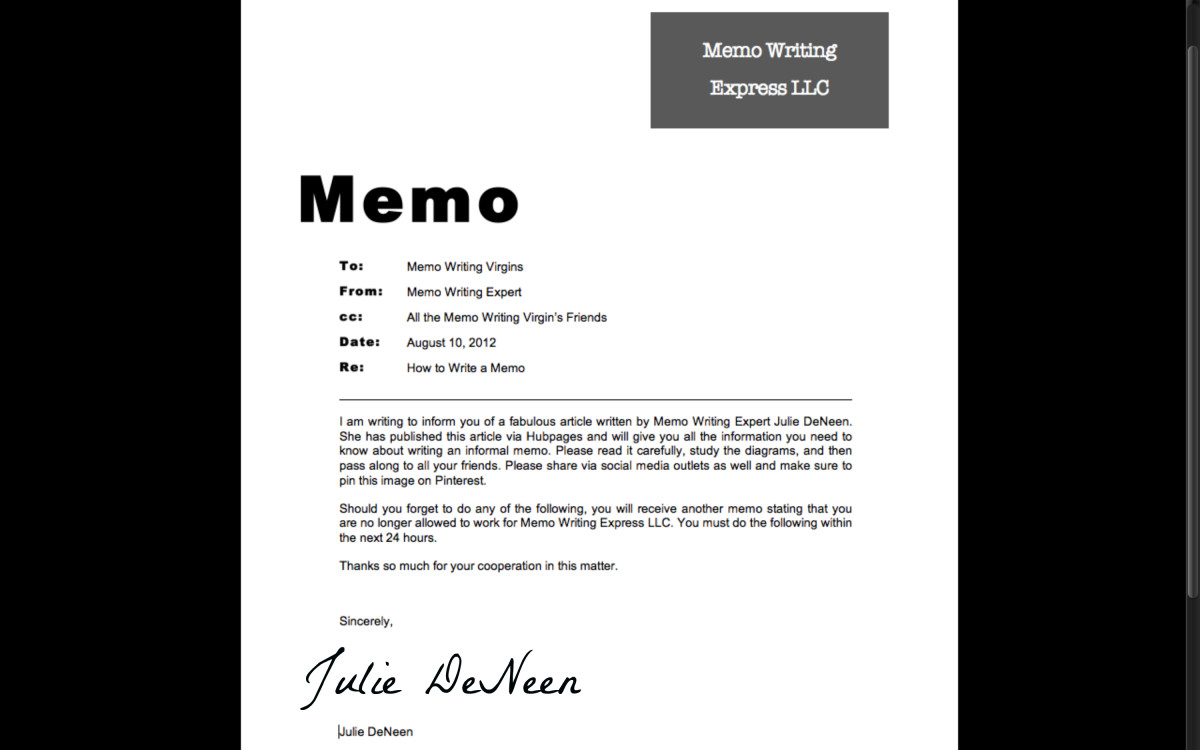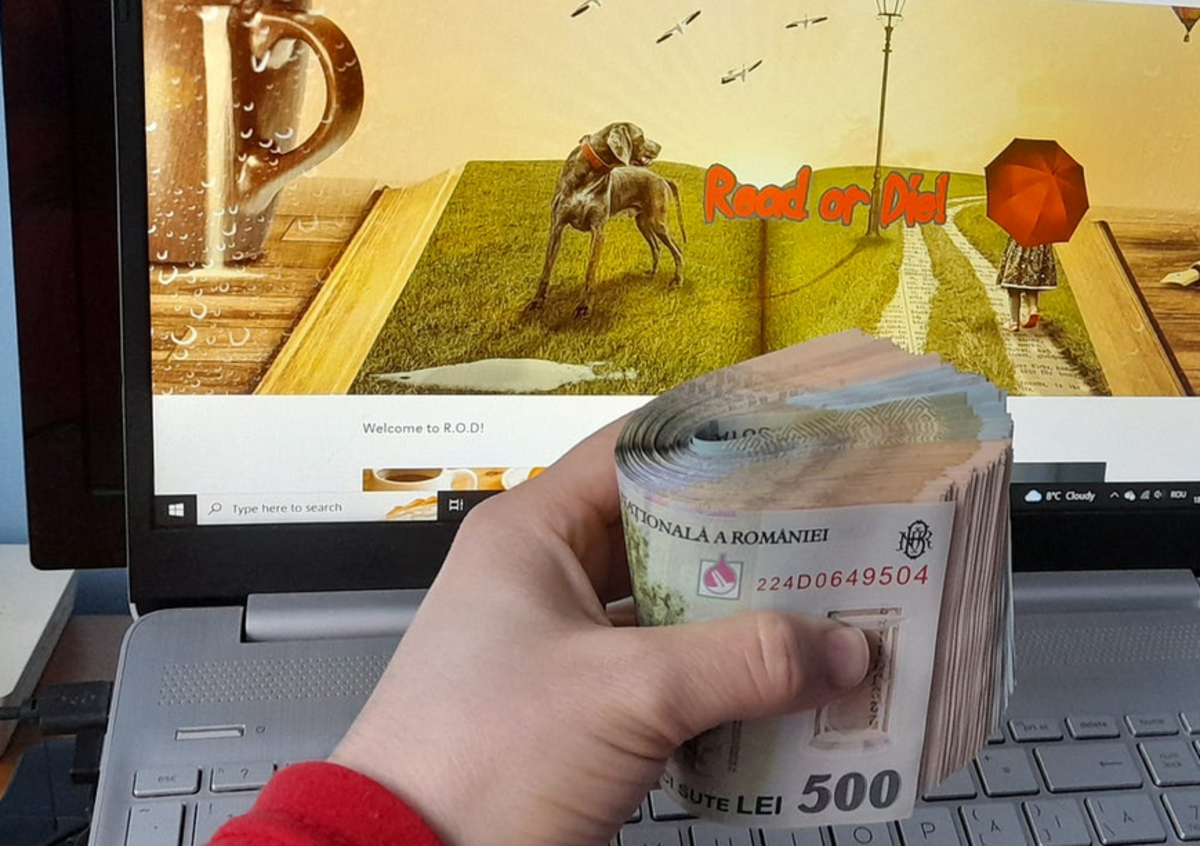Tips for Novelists (And All Writers) for Staring Down a Blank Page

Consider this scenario:
My mind races with all that I have to do today. “There’s the dishes and the laundry and going to the bank,” I think to myself. Despite it all, I have to remain resolute. If this task I’m about to start is so important to me, then I have to make time for it in the middle of everything else.
I take a seat at my computer, the foam of my chair a little more rigid and less comfortable than usual. Glancing out my office window, I take in the beautiful sunshine and leaves rustling in the breeze. Somehow, this space feels cramped and the white of the walls feels sterile and lifeless.
“It’s a wonderful day to be outside,” I say to myself. But, I sat down here for a good reason. Today is the day I start my first novel! With a sip of coffee, the creamy bitterness dancing on my lips, and a prayer, I open my word processor and take in more of the same sterile lifelessness staring me back from the screen. Words are here, in my head, and I know it. How can staring at this empty page be so daunting?
I tap out a few sentences on my keyboard, but the classic Ariel font (or is it Helvetica?) taunts me until I select it all and press delete. I start again, at a new time point in the story, but once again the Ariel-vetica font just tells me that I’m doing something wrong. “This writing is bad,” or “this story concept belongs in a dumpster,” it seems to declare. Or is it that I just don’t know where or how to start? I mean, being taunted by a digital font is only for the basket cases, right?
Right?
In the Beginning
Every writer in history has had to start somewhere. Every novel or short story or poem ever written has begun as a blank page. Musicians face blank staff paper. Painters face blank canvases. Even sculptors and potters have a showdown with their materials, none of which have taken any shape yet. With the start of a new story (or even starting new chapters in your project), the white sterile blankness of a new page is daunting for us all, but it does not have to be insurmountable. So, what does it take for us to start something new without the mole hill feeling like a mountain?
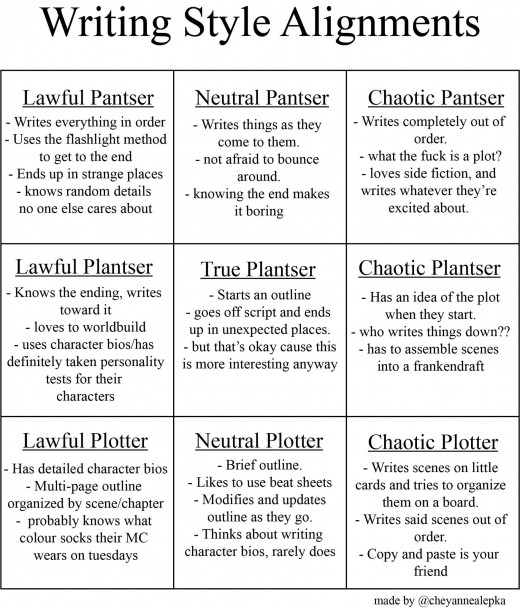
1. Planner, Pantser, or Plantser?
What kind of writer are you? Do you need to do intense, scene-by-scene planning before you write anything? Or, do you throw caution to the wind, opting to discover your characters and plot along the way, flying by the seat of your pants (hence, pantser)? Maybe you are a combination of both, where you enjoy a bit of discovery framed by specific planning. The truth is that only you know what kind of writer you are and what process works for you.
Personally, my greatest inspiration comes when I’m acting like a pantser, but my plot later of gets driven by planning and out-of-scene character development (read: I write about my characters to get to know them better outside of the confines of the novel; not everything I write about them is included in the finished product). What order do you like to write your scenes in? Do you like to go chronologically, or do you like to jump around a bit and work on whatever feels good? All of these aspects of your writing process (planner, pantser, plantser, chronological/jumper) influence how you will begin your work.
2. Preparation
This is especially true for novelists, that preparation before writing is key. Why? Because knowing a bit about your characters, the world you are creating, and the plot that you intend to unfold will help direct your writing. Even if you are a pantser, every work has a point of inspiration that gets expanded upon.
For example, the Japanese anime Black Rock Shooter began as a drawing of a girl with a flaming blue eye. That one drawing spawned an entire story and animation playing it out.
A couple of years ago, I had the great opportunity to meet Kendare Blake, the author of the Three Dark Crowns series, at an author event. During the event, she shared her inspiration for the first book. She attended a similar author event and got to talking with a beekeeper. He told her that the queen of a hive has to kill all the other queens before assuming leadership over the colony. From that one encounter, she has created an entire series of books predicated on the concept of queens killing queens.
The point to all of this? Knowing your source of inspiration and the story you want to tell is crucial to overcoming that blank page.

3. Release Your Expectations
I used to critique my writing by comparing it to the wonderful books displayed on my shelf, but my excitement was always met with disappointment. Why? Because I had expectations. Very specific expectations. It had to sound literary. It had to read like a polished piece. Every bow had to be tied and every aspect of the story had to be explained and make sense.
If those sets of expectations sound stifling, then you understand what I mean. Truth be told, I just did not want to write anything badly! However, author, director, and poet Ferenc Molnár had this to say with regard to bad writing: “It is perfectly okay to write garbage–as long as you edit brilliantly.” So, do not look at that blank page as something that must immediately be breathtaking in prose and plot, but accept the ugly scars that will you (eventually) edit out.
If you, like myself, suffer from fear in meeting expectations, then Stephen King, from his book On Writing: A Memoir of the Craft, has this to say: “I'm convinced that fear is at the root of most bad writing. If one is writing for one's own pleasure, that fear may be mild — timidity is the word I've used here. If, however, one is working under deadline — a school paper, a newspaper article, the SAT writing sample — that fear may be intense.”
Be it deadlines or expectations, fear can cause us to write poorly, but I believe that the best way to reduce fear is to eliminate your expectations for the work you produce in your first draft.
4. Focus on Simply Writing the Story
This is a lesson that a good friend of mine had to teach me over and over again. The purpose of a first draft is to get the story out there. Give yourself a body of work to start from, then begin all the surgery that your characters and plot and world have to deal with to become something cohesive.
To continue with the analogy, there are some parts that you will have to amputate (remove from the story entirely; read: killing your darlings). Others will require more finesse, a surgical strike, if you will. This precision is necessary, I find, when thinking about how your characters give descriptions, when you want to convey something subtly (such as foreshadowing), or when you introduce a twist or key snippet of information.
These “amputations” or “surgical strikes” are mainly for when you finish your first draft. I am definitely not saying that you cannot or should not work on surgical strikes, especially if the part that you are writing is personally important to you, but take care with amputation, as there are only a couple of situations in which amputation is a true and right solution to problems during the first draft.

5. Writer's Block is a Symptom, Not a Problem
Many new writers look at writer’s block and think that they have no creative energy left. They have taken the story as far as it is willing to go and they need to brute force their way through the rest of it. What does this have to do with the blank page, you ask?
Simply put, you could be starting your novel from the beginning, or perhaps starting a new chapter or portion of your story. The blank page exists here, regardless. And writer’s block, when you are facing down a blank page, is (usually) code for only one thing: your story has taken a wrong turn and you need to go back and correct its course. This is, perhaps, the one case that I would vehemently suggest amputation of a section of your novel, if that is what the situation calls for. But, do not permanently delete it; rather, save it in a “scraps pile” for later. It might just come in handy down the line.
6. Just Do It
The quickest way to get over a blank page is to fill it. Set a timer for 15 minutes (or whatever suits you) and just write your heart out. Do not go back and edit! Do not obsess over maintaining continuity (i.e. ensuring that bits about clothes and colors and such are the same throughout the scene; this is also why Copyeditors exist, bless their precious souls), as you will lose valuable time getting more material down. Just write and do not stop! Remember—this is only a first draft, so we do not need to get down to hardcore editing.

7. Write the Story that You Want to Read
Every great author that I have met or spoken to about writing has said this. If you write the story that everyone else wants, then you will end up miserable and not want to write at all. If, however, you write for yourself, your pleasure, and the story that you personally want to read, then the experience will be much heathier. When you sit down at the blank page and feel intimidated and do not know where to start, just think about where you want to start.
With my current novel, I thought I was starting at the very beginning. As it turns out, now that I have about half of it written, I discovered that I started in the middle! Start wherever you want. Write your beginning or middle or ending, whatever suits you, but make sure that you write.
The Takeaway
What I hope you take away is this: the blank page is daunting, perhaps even strikes fear into you, but it is not insurmountable. Just write! No expectations, with some light preparation (maybe with your source of inspiration in mind), and write the story that you want to read. Do not judge yourself. Do not compare your work to that of finished products. Do not let writer’s block stop you—remember that specific case for amputation (killing your darlings), use it wisely, and put your “scraps” somewhere safe. If it helps, copy down the quotes from Stephen King and Ferenc Molnár to remind yourself when you are starting out. Remember Kendare Blake and her moment of inspiration that spawned an entire series of books.
But just do it. Just write. You might be amazed at the worlds you discover and the stories that you tell.
© 2019 Vincent Ravencroft

